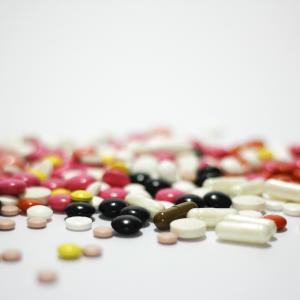What Is The Difference Between Obsessive And Compulsive
Obsessive-compulsive disorder (ODC) is, as its name implies, characterized by a combination of obsessions and compulsions. Most of us know at least a little about what OCD looks like, but many are unclear about the actual difference between the components of the disorder. So what is the difference between being obsessive and compulsive?
Obsessions
Obsessions are intrusive and unwanted thoughts or images that occur over and over again. Many people with OCD can see that their obsessions are irrational, but they feel powerless to control or stop them. Often obsessions are accompanied by negative feelings like fear or disgust.
Compulsions
Compulsions, on the other hand, are recurrent actions that a person with OCD performs. These compulsions are usually related in some way to the obsessions that the individual also has. For example, someone who is obsessed with thoughts of germs may have a handwashing compulsion. Other obsessions and compulsions may not be quite as clearly related, but obsessions and compulsions feed off each other to form a cycle that is very difficult to break.
The Relationship
It has generally been thought that compulsions (repetitive actions) were a way for a person with OCD to momentarily banish their obsessions (intrusive thoughts). However, a recent study has challenged this notion, suggesting that the compulsions may in fact be the primary feature of OCD. Regardless, it is clear that the interaction between obsessive thoughts and compulsive actions drives the disorder.
Photo: Pixabay






